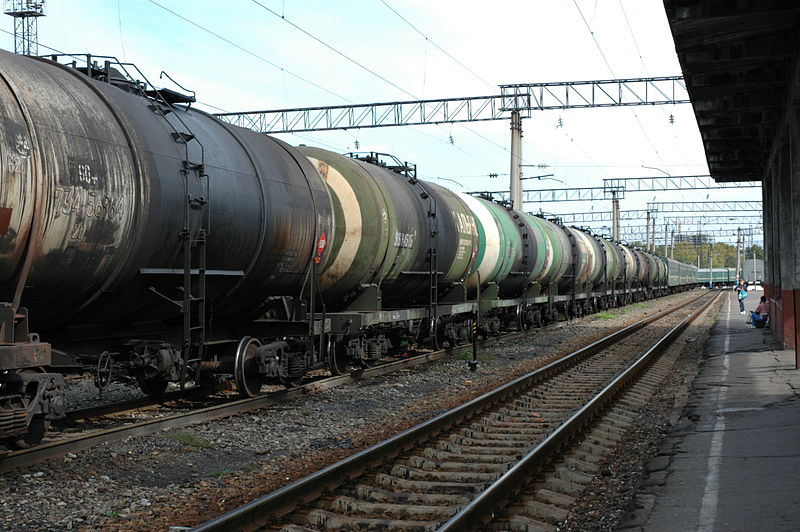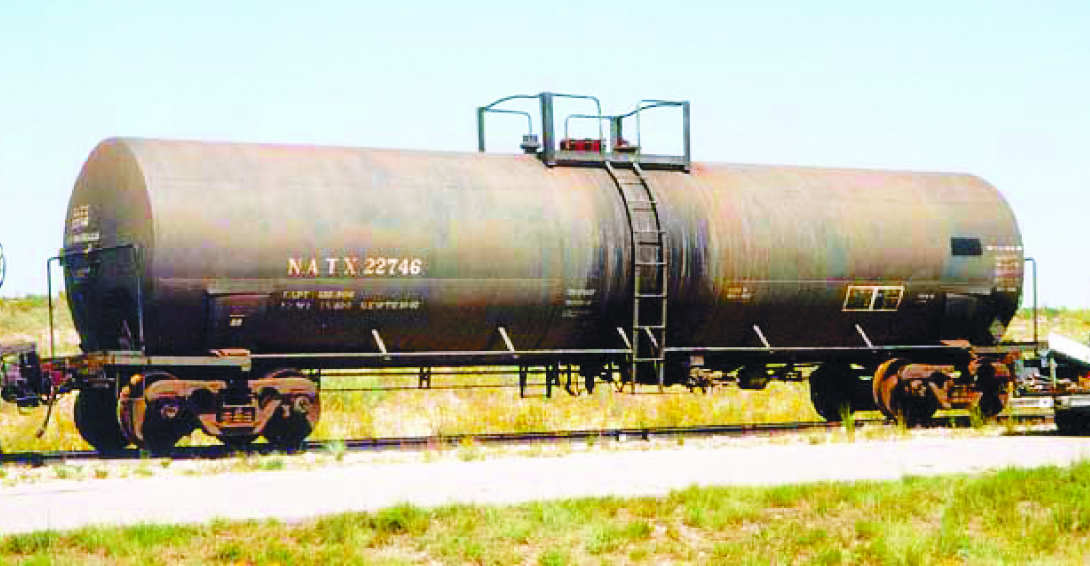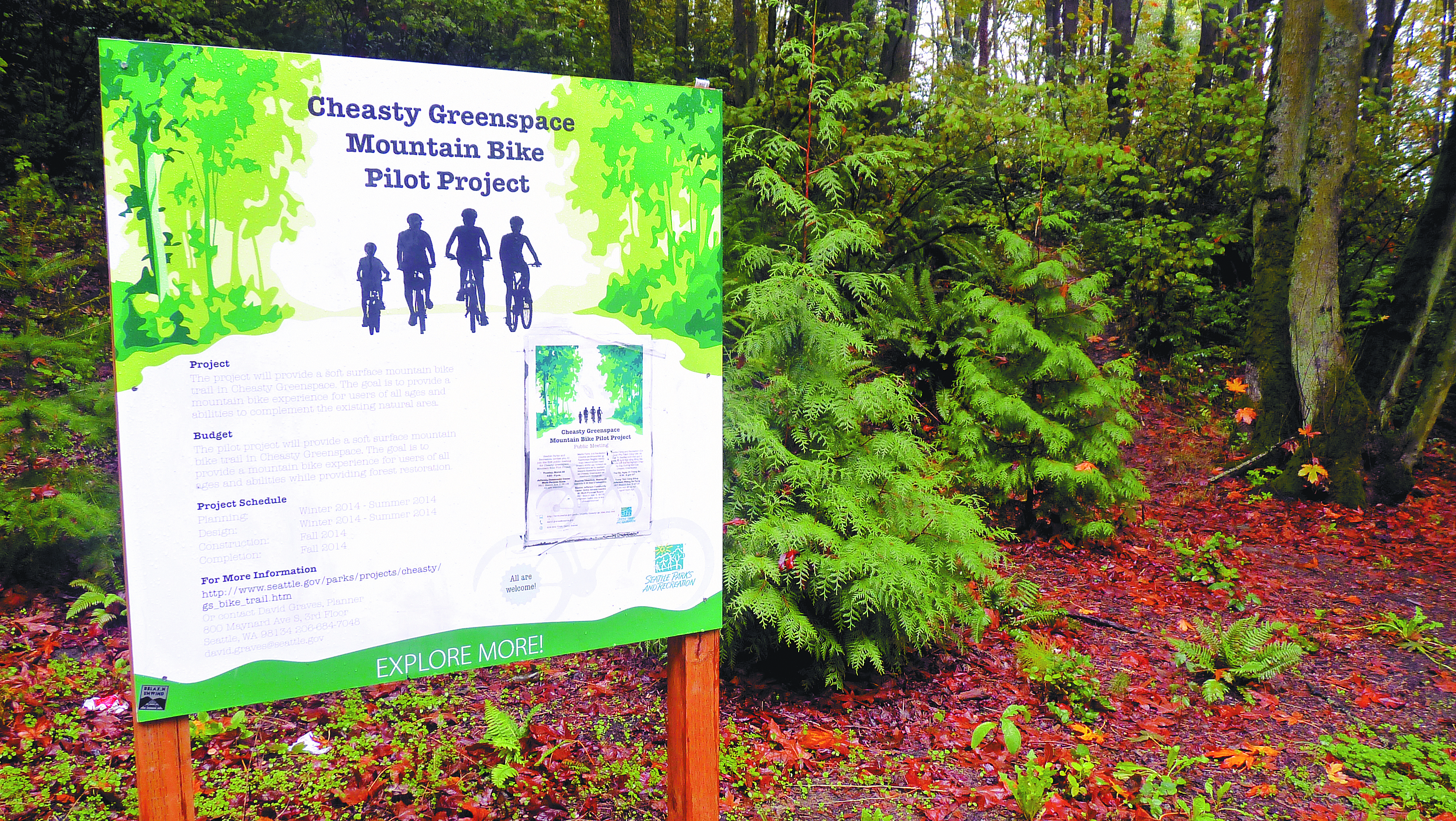The weirdest thing about the Washington Department of Ecology’s preliminary “Marine and Rail Oil Transportation Study” wasn’t that it was fast-tracked by the governor. It wasn’t that there were protests before the public meetings to collect comments, or that someone dressed as a giant piece of coal at one of the two pre-meeting protests. It wasn’t even the intense police presence. The strangest thing was the complete lack of voice from the industry and railroad sides.
At two meetings held this week, one in Spokane and another in Olympia, more than 200 people signed up to speak, 50-ish in Spokane and about 150 in Olympia. This was out of crowds estimated at 200 and 700 respectively. Of those who spoke, no one was keen on oil or coal trains increasing in the state. In fact, there were several calls for a complete moratorium on both for human and environmental safety, as well as that delays caused other trains—carrying passengers and other commodities—on the tracks so that the fossil fuel trains, usually 100-cars long, can pass.
Prior to 2012, there were few oil trains traversing Washington. Now the DOE reports nine percent of oil imported into the state arrives via rail, mostly from Canada and Idaho. Oil train traffic is expected to increase rapidly if production remains high.
King County executive, Dow Constantine, flew to Spokane to speak at the Tuesday night meeting. His concerns included potential fires caused by derailments of Brakken crude oil shipments and overall rail capacity. Ultimately, he’s not in favor of an increase in oil trains. “Oil trains are a bad deal for our people,” he said, “and they’re also a bad deal for our economy.”
Powered by Socrata
The state’s $300,000 study on coal trails make it clear oil train derailment disasters aren’t only a possibility, they’re expected. The oil that’s being transported through the state is Brakken oil, and it’s highly volatile. Its volatility could be reduced, but there was no one from industry present to explain how. There were a lot of concerns that, should an oil train derail and a fire ensue, it would over-tax the capacity of any fire district in the state. There was also a lot of concern about who would pay for such disaster relief and subsequent clean ups.
Comment cards asking “Have you read the 2014 Marine and Rail Oil Transportation Study…”, “Is there anything you think we missed in the study?” and “What are your top two concerns about oil transportation through Washington state?” were placed in multiple places at each meeting along with boxes to deposit them into. (Read a summary of the study here.)
Many, including firemen from around the state and a litany of other politicians, echoed Constantine’s comments. There was also a lot of concern expressed about water quality, should there be an oil train spill, and tribal treaty rights.
(In related news, KUOW’s “Earth Fix” reported this week that “3,000 railroad crossings in the state go uninspected.)
If you weren’t able to attend the public meetings this week and would like to comment, don’t despair: You can comment on the DOE’s website.
The finalized report is expected in March 2015.






